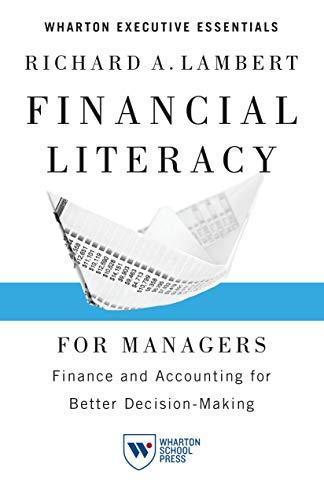Question
Jhon is considering his retirement. He is 60 and can either retire now or ve years later. He expects he will live up to the
Jhon is considering his retirement. He is 60 and can either retire now or ve years later. He expects he will live up to the age of 80. His annual wage is w regardless of his retirement decision. His pension scheme is designed as follows.
The contribution rate is t. That is, he contributes tw per year.
Annual benet is the r portion of the annual wage at retirement. That is, his benet is rw per year. This portion r is dependent on the contribution period T in the following manner. r = a + bT He contributed to his pension for T0 years. His disutility of work (or forgone utility of leisure) is exactly the same as his wage w in money term. For simplicity, we assume the market interest rate is 0.
(d) Due to the news that average life expectancy increased, he changed his expectation of life. He now expects he can live up to the age of 85. Is late retirement more or less likely for Jhon? (e) For more equal payment of the benet, the pension fund increases a and decreases b in r = a+bT so that r is the same with T0 years of working. How does it aect Byungchuls retirement decision? Is late retirement more or less likely?
Step by Step Solution
There are 3 Steps involved in it
Step: 1

Get Instant Access to Expert-Tailored Solutions
See step-by-step solutions with expert insights and AI powered tools for academic success
Step: 2

Step: 3

Ace Your Homework with AI
Get the answers you need in no time with our AI-driven, step-by-step assistance
Get Started


